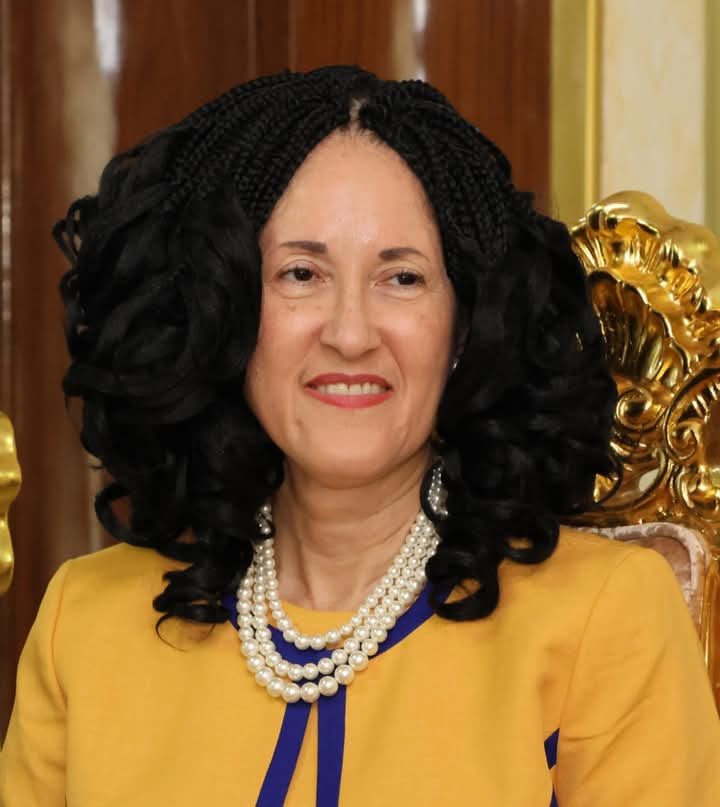The University of Liberia (UL) finds itself at a crossroads, grappling with significant changes proposed by its administration, sparking controversy and raising concerns about the institution’s future. President Dr. Layli Maparyan has initiated a large-scale retirement plan for faculty, ostensibly to align with national retirement age regulations and reduce financial burdens. Simultaneously, she has presented a substantial budget request for campus renovations, highlighting the university’s dilapidated state. This dual approach of personnel reduction and infrastructural investment has created a complex and potentially volatile situation within the university community.
Dr. Maparyan’s justification for the retirement plan centers on adherence to Liberia’s mandatory retirement age of 60. While acknowledging the academic tradition of allowing seasoned educators to continue teaching beyond this age, she emphasizes the need for financial prudence and resource optimization. However, critics view the move with suspicion, alleging that the retirements are a veiled attempt to purge experienced faculty and replace them with individuals loyal to Dr. Maparyan. This accusation raises serious concerns about academic freedom, institutional memory, and the potential erosion of merit-based appointments.
The proposed budget for campus renovations further complicates the situation. While the need for infrastructure improvements is undeniable, the allocation of funds within the approved budget raises questions. Dr. Maparyan has indicated that the majority of the received funds are earmarked for salaries, leaving a significantly smaller portion for the much-needed renovations. This discrepancy fuels concerns about the administration’s priorities and whether the renovations will adequately address the university’s decaying infrastructure. The juxtaposition of faculty retirements, ostensibly for cost-saving purposes, with a substantial budget request raises questions about the administration’s overall financial strategy.
Adding to the controversy are allegations that Dr. Maparyan has appointed nearly 50 previously redundant individuals to faculty positions, granting them academic ranks ranging from Assistant Professor to Associate Professor. Critics argue that these appointments, coupled with the forced retirements of established faculty members, create a pattern of patronage and undermine the university’s academic integrity. The alleged targeting of prominent figures like Dr. J. Mills Jones, Prof. S. Morris Cooper, and Prof. Wilson Tarpeh, individuals with extensive experience and institutional knowledge, further strengthens the perception of a politically motivated purge.
The controversy surrounding the retirement plan and budget allocation highlights a deeper struggle for control and influence within the University of Liberia. Critics argue that Dr. Maparyan’s actions represent a power grab, aimed at consolidating her authority and silencing dissenting voices within the faculty. This alleged prioritization of personal loyalty over academic merit raises concerns about the future direction of the university and its ability to maintain its academic independence. The silencing of experienced faculty voices could stifle critical thinking and debate, potentially hindering the university’s ability to fulfill its mission of producing well-rounded and critically engaged graduates.
The unfolding events at the University of Liberia underscore the challenges faced by institutions of higher learning in navigating political pressures and financial constraints. The allegations of politically motivated retirements and patronage appointments raise fundamental questions about academic freedom, institutional integrity, and the role of universities in a democratic society. The need for transparency and accountability in university governance is paramount, as is the protection of academic freedom and the fostering of a culture of meritocracy. The future of the University of Liberia hinges on its ability to address these critical issues and ensure that its decisions are guided by the principles of academic excellence and institutional integrity.


